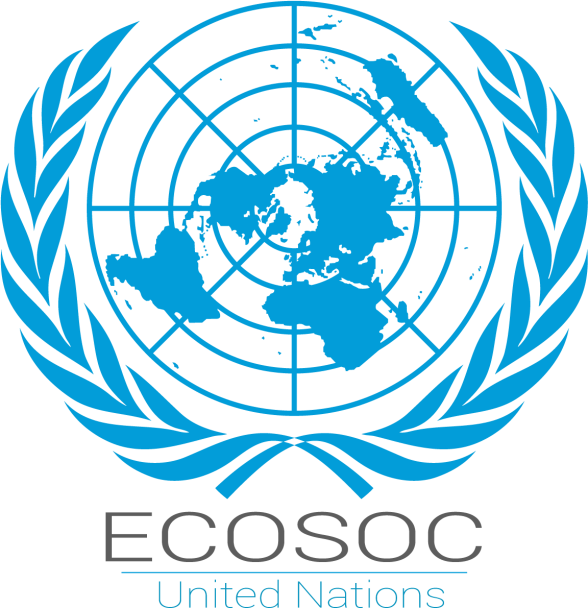 The 2021 Session of the Conference of State Parties Conference (CoSP) on the Convention on the Rights of Persons with Disabilities (CRPD).
The 2021 Session of the Conference of State Parties Conference (CoSP) on the Convention on the Rights of Persons with Disabilities (CRPD).
13 June 2021 – 16 June 2021
Agenda item 5
ECOSOC High-level Segment
Statement submitted by Dementia Alliance International in consultative status with the Economic and Social Council.
We provide a Written Statement for the 2021 ECOSOC High-level Segment. Dementia Alliance International is the global voice of people with dementia. We also represent Alzheimer’s Disease International, the global voice for dementia.
The World Health Organisation, in its Global Action Plan for a Public Health Response to Dementia adopted in 2017 has highlighted dementia as a condition causing disabilities and placed the human rights of people with dementia at the core, including implementation of rights through the Convention on the Rights of Persons with Disabilities (CRPD) with empowerment, inclusion and accountability as three of its seven cross-cutting principles.
These reflect the core elements of CRPD and all other Human Rights Treaties deriving from the UN Universal Declaration of Human Rights in 1948. This approach to human rights and the CRPD reflects the standard being advocated for at a global level by Dementia Alliance International and Alzheimer’s Disease International.
The COVID-19 pandemic has highlighted past injustices for the more than 50 million people living with dementia, through increasing the spotlight on the existing isolation, stigma, discrimination, and lack of equal access to Universal Health Coverage and post diagnostic care or support.
Dementia is a major cause of disability and dependence globally, yet people with dementia are advised to go home and prepare to die, rather than provided with disability assessment or support.
The pandemic has created a human and social crisis of unparalleled scale, and the outbreak and its multidimensional influences have disproportionally affected persons with disabilities, including people with dementia, and especially those with pre-existing health conditions, people from low socio-economic backgrounds, those in low- and middle-income countries and those living in institutional settings such as nursing homes.
Enforced segregation and institutionalization continues, and many other breaches of human rights have been under the spotlight as never before.
Non-disabled people don't talk about their 'right to live independently and to be included in the community', because their rights are not being denied, and the CRPD is meant to be an instrument to ensure the rights of people with disabilities.
Living independently and being included in the community are essential to quality of life and well-being of all, including of persons with disabilities.
In spite of the CRPD, many persons with disabilities experience discrimination and many other barriers and challenges on a daily basis without being able to enjoy these rights and freedoms.
These have not only been highlighted by, but they have been worsened by the COVID-19 pandemic.
It is our right to be treated with dignity and respect, and to equal inclusion, including full and equal access to the CRPD, like all others living with disabilities.
People with dementia are being left behind in the 2030 Sustainable Development Goals and the pandemic has significantly increased isolation and the violation of rights of persons with dementia. care and services for people with Non-Communicable Diseases (NCD’s) globally.
